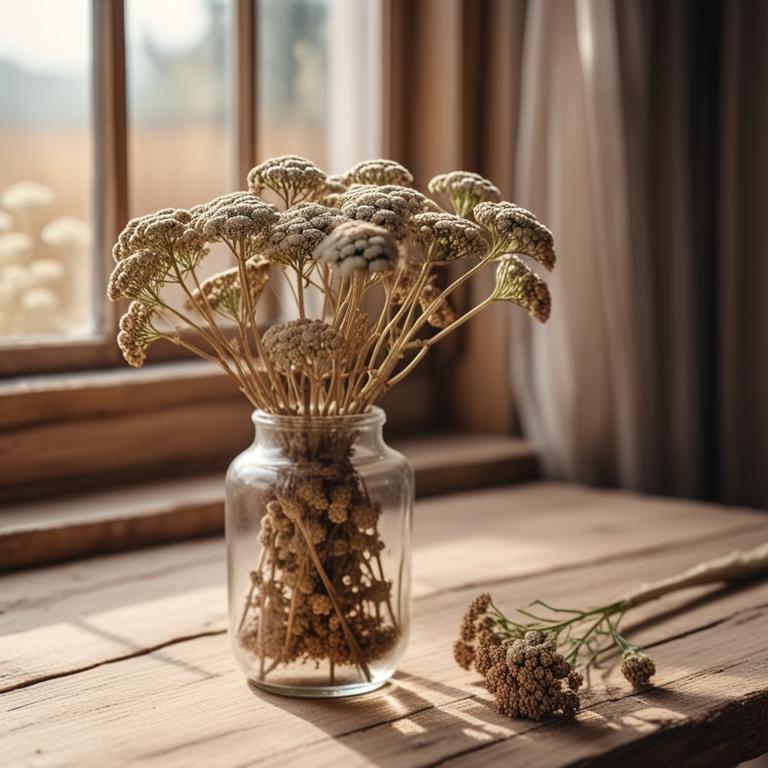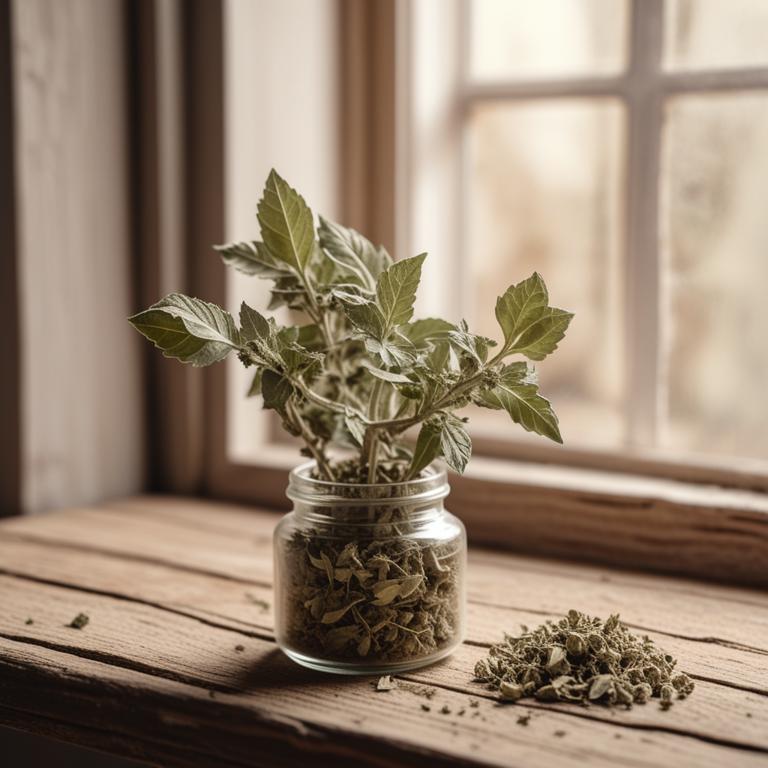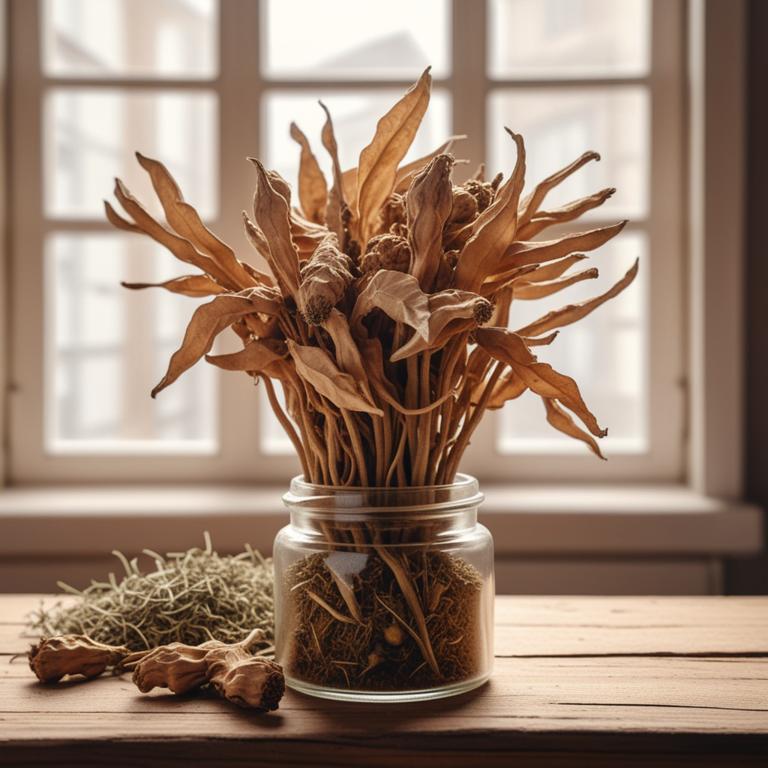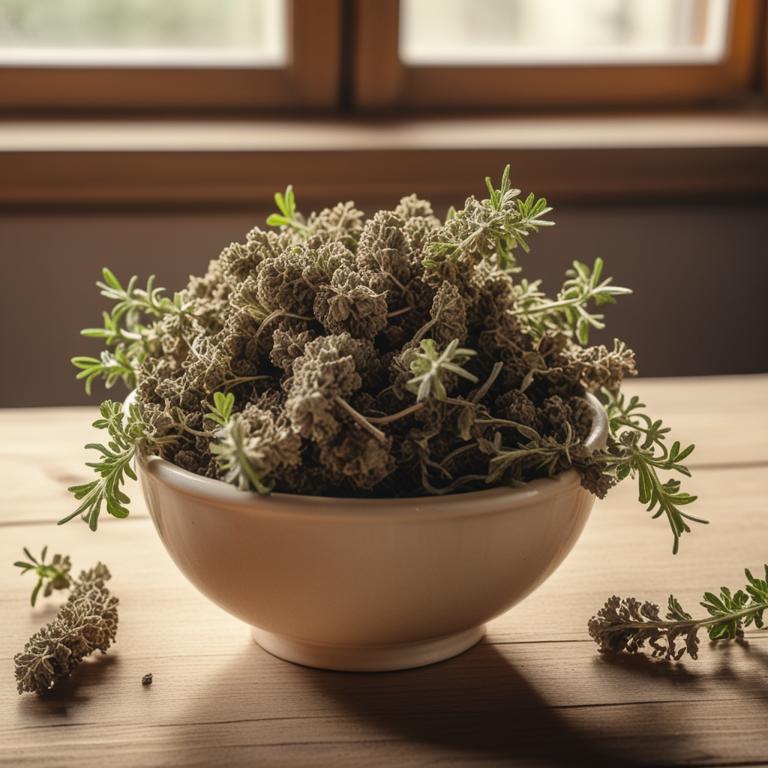Updated: Dec 1, 2024
Tinnitus: Understanding the Causes and Natural Remedies
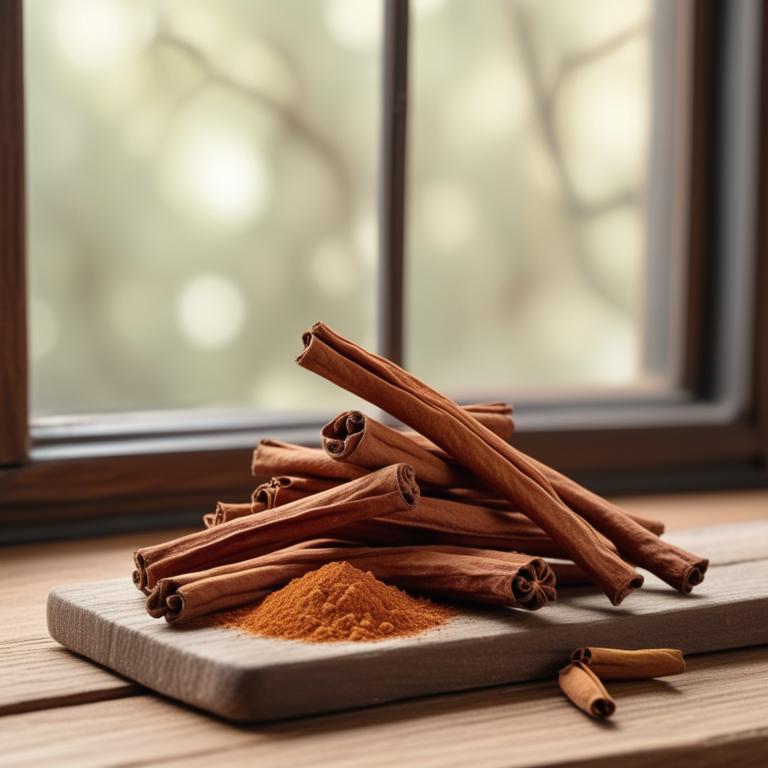
Tinnitus is a condition where you hear a ringing, buzzing, or whistling sound in your ears when there's no actual noise.
It can be really frustrating and affect your daily life, making it hard to sleep, concentrate, or even enjoy quiet moments. The causes of tinnitus are often unclear, but it can be linked to exposure to loud noises, age-related hearing loss, or even certain medications. Herbal remedies have been used for centuries to help alleviate tinnitus symptoms. Some of the key herbs that show promise include Ginkgo biloba, which is known for its ability to improve blood flow to the ears, and St. John's Wort, which may help reduce inflammation.
Another herb, ginger, has anti-inflammatory properties that could also help soothe tinnitus symptoms. To use these herbs, you can try drinking teas made from the dried leaves and roots. Ginkgo biloba tea is said to have a mild, earthy flavor, while ginger tea is often spicy and invigorating. You can also look into supplements or capsules that contain these herbs in concentrated form.
Some people also use essential oils like lavender or chamomile to promote relaxation and reduce stress, which can exacerbate tinnitus symptoms.
Table of Contents
What are the factors that contribute to tinnitus?
The main causes of tinnitus are largely related to our lifestyle, age, and health.
Noise exposure is a significant contributor, as prolonged exposure to loud sounds can damage the hair cells in our ears, leading to tinnitus. This is especially true for people who work in noisy environments, like construction sites or music venues, or those who enjoy loud music on a regular basis.
Aging is another factor, as the natural process of aging can cause wear and tear on our ears, leading to tinnitus. Earwax buildup can also cause tinnitus, as excess earwax can block the ear canal and lead to ringing or buzzing sounds.
High blood pressure is another underlying condition that can contribute to tinnitus, as the increased pressure can damage the blood vessels in the ears and lead to tinnitus.
What benefits can be expected from using herbs to treat tinnitus?
Using herbs for tinnitus can be really helpful.
They have anti-inflammatory properties that can reduce swelling in the ear, which can help ease tinnitus symptoms. Some herbs also have antioxidant properties, which can protect the ear from damage and reduce the ringing sound.
Herbs can also help improve blood flow to the ear, which can help reduce tinnitus symptoms. Additionally, some herbs have a calming effect, which can help reduce stress and anxiety that can exacerbate tinnitus. Some people find that using herbs for tinnitus helps them sleep better, which is also important for managing tinnitus symptoms.
Using herbs can be a natural and non-invasive way to try to manage tinnitus symptoms, and some people find it helpful in combination with other treatments.
What medicinal herbs are typically used to treat tinnitus?

Herbs have been used for centuries to help manage tinnitus, a condition characterized by ringing or other noises in the ears.
Ginkgo biloba is one herb that's been studied for its potential benefits. It's thought to improve blood flow to the ears, which may help reduce tinnitus symptoms. Some people find that taking ginkgo biloba supplements can help reduce the loudness and frequency of tinnitus. Another herb that may be helpful is Zingiber officinale, also known as ginger. Some research suggests that ginger has anti-inflammatory properties, which could help reduce inflammation in the ears and alleviate tinnitus symptoms. Ginger is also often used to ease nausea and digestion issues, which can sometimes be related to tinnitus. Melissa officinalis, or lemon balm, is another herb that may help with tinnitus.
It's a natural relaxant and can help reduce anxiety and stress, which are common triggers for tinnitus. By promoting relaxation and reducing stress, lemon balm may help alleviate tinnitus symptoms. Zataria multiflora, also known as Iranian thyme, has been traditionally used to treat ear infections and tinnitus. It's thought to have antibacterial and anti-inflammatory properties, which can help reduce inflammation and infection in the ears. Some people find that inhaling the scent of Iranian thyme or applying it topically can help alleviate tinnitus symptoms. Lastly, Vitex agnus-castus, or chaste tree, may also be helpful for tinnitus. It's thought to have a balancing effect on hormone levels, which can help regulate blood flow to the ears and reduce inflammation.
Some research suggests that chaste tree may also have a positive effect on anxiety and stress levels, which can contribute to tinnitus symptoms.
What are the top herbal remedies used to cure tinnitus?
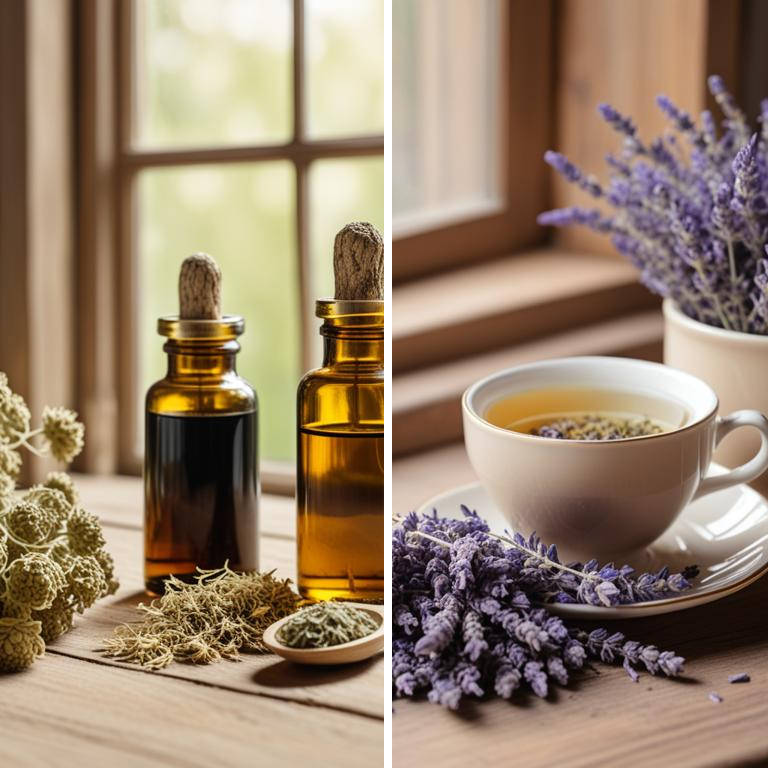
Herbal preparations can be a good choice for people with tinnitus, a condition where they hear ringing, buzzing, or other sounds when there's no external noise.
These preparations come in different forms, each with its own benefits. One option is a tincture, a concentrated liquid extract of herbs. It's easy to take and can be added to water or taken directly under the tongue. Tinctures of herbs like Ginkgo biloba and St. John's Wort have been used to help reduce tinnitus symptoms. The active compounds in these herbs might help calm the nerves and reduce inflammation in the ears. Another choice is an infusion, a liquid made by steeping herbs in hot water. This is similar to a tea, but often made with more delicate herbs. Infusions of herbs like chamomile and lavender can be soothing and help reduce stress, which might contribute to tinnitus. A decoction is another type of herbal preparation, made by boiling herbs in water.
This is a good option for herbs that are tougher or more fibrous, like ginger and licorice root. Decoctions can be quite potent, so it's best to start with small amounts and adjust as needed. A simple and convenient option is a tea, a liquid made by steeping herbs in hot water. Teas like peppermint and eucalyptus can be helpful in reducing inflammation and congestion in the ears. A salve is a topical preparation, applied directly to the skin. It's a good option for people who experience tinnitus in their ears or on their skin. Salves made with herbs like aloe vera and tea tree oil can be soothing and help reduce inflammation. Herbal preparations come in many forms, and each has its own benefits. Some people find them helpful in reducing tinnitus symptoms, while others may not.
It's always a good idea to talk to a healthcare professional before trying any new remedy.
Additional Resources:
What herbs may exacerbate tinnitus?
If you have tinnitus, it's a good idea to be careful with certain herbs.
Valeriana officinalis, also known as valerian root, can affect blood pressure and heart rate, which might worsen tinnitus symptoms. It's often used as a sedative, but it can also have a strong effect on the body's autonomic nervous system, which might exacerbate tinnitus. Lavandula angustifolia, or English lavender, is commonly used to calm the mind and body, but it can also cause a drop in blood pressure, which might make tinnitus symptoms worse. This herb can also affect the inner ear and the brain's auditory processing centers, potentially worsening tinnitus. Cinchona officinalis, the source of quinine, can cause hearing loss and tinnitus as side effects.
It's often used to treat malaria and other diseases, but it can also have a negative impact on the inner ear and the auditory system. Echinacea purpurea, also known as coneflower, is often used to boost the immune system, but it can also cause or worsen tinnitus in some people. Some research suggests that it can affect the body's production of inflammatory chemicals, which might contribute to tinnitus. Strychnos nux-vomica, or nux vomica, is a highly toxic herb that should be avoided entirely. It can cause a range of adverse effects, including tinnitus, due to its toxic compounds.
If you have tinnitus, it's best to steer clear of this herb altogether.
FAQ
Are there any specific herbs that can prevent tinnitus?
Some herbs like Ginkgo biloba and St. John's Wort may help alleviate tinnitus symptoms.
Ginkgo biloba is thought to improve blood flow to the ears, while St. John's Wort may reduce inflammation. More research is needed to confirm their effectiveness.
People have also tried using passionflower and black cohosh to help manage tinnitus, but results are not consistent.
Is it safe to use herbal remedies for tinnitus during pregnancy?
Using herbal remedies for tinnitus during pregnancy can be a concern.
Some herbs may not be safe for the baby, and their effects on the developing fetus are not well understood.
If you're pregnant and experiencing tinnitus, it's best to talk to your healthcare provider about the risks and benefits of any herbal remedy before using it.
Are there any herbs that can reduce the frequency of tinnitus?
Some people find relief from tinnitus by using herbs like ginkgo biloba, which may improve blood flow to the ears.
Another herb, passionflower, is also sometimes used for its calming effects.
These herbs are thought to help reduce the frequency of tinnitus symptoms in some individuals, but more research is needed to confirm their effectiveness.
Can i combine different herbal remedies for tinnitus?
You can try combining different herbal remedies for tinnitus, but be cautious.
Some herbs can interact with each other, affecting their effectiveness or causing side effects. Start with small amounts and observe how your body reacts.
Consider combining herbs like Ginkgo biloba and garlic, which are sometimes used to help alleviate tinnitus symptoms, but do it gradually.
Related Articles
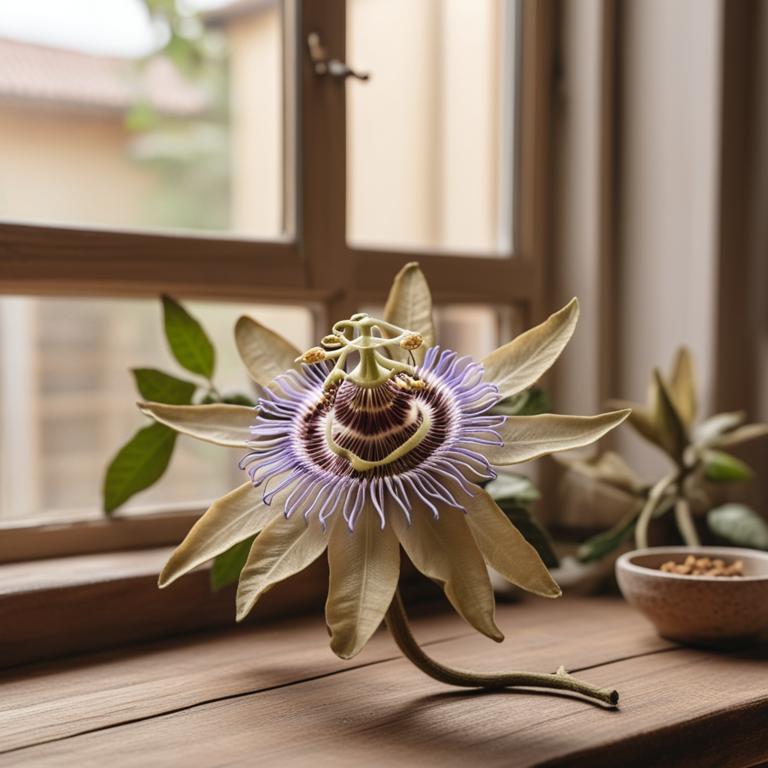
Dizziness: Causes, Symptoms, and Natural Relief with Medicinal Herbs and Preparations
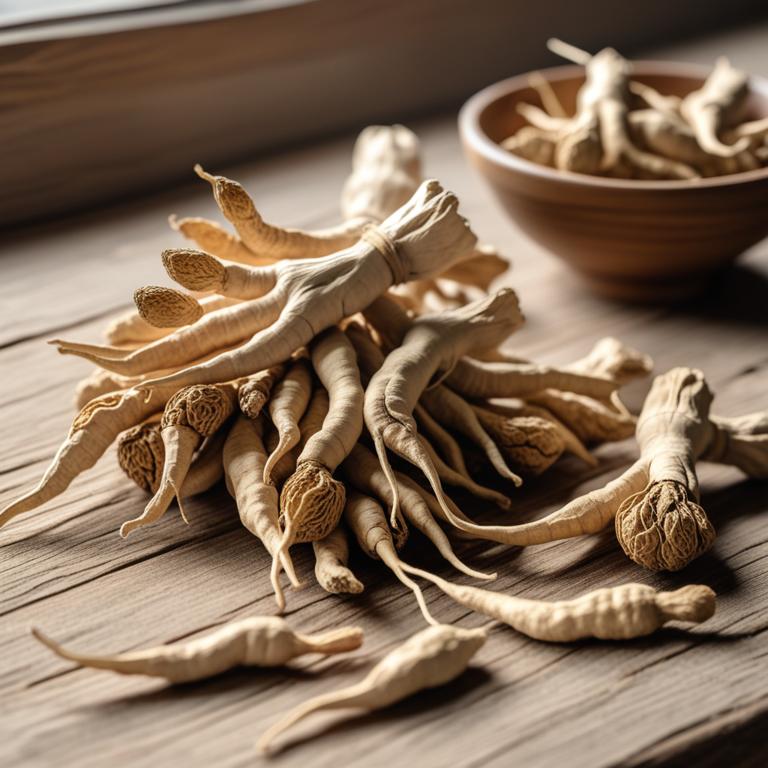
Overcoming Lost Voice: Causes, Medicinal Herbs, and Herbal Preparations for Fast Recovery
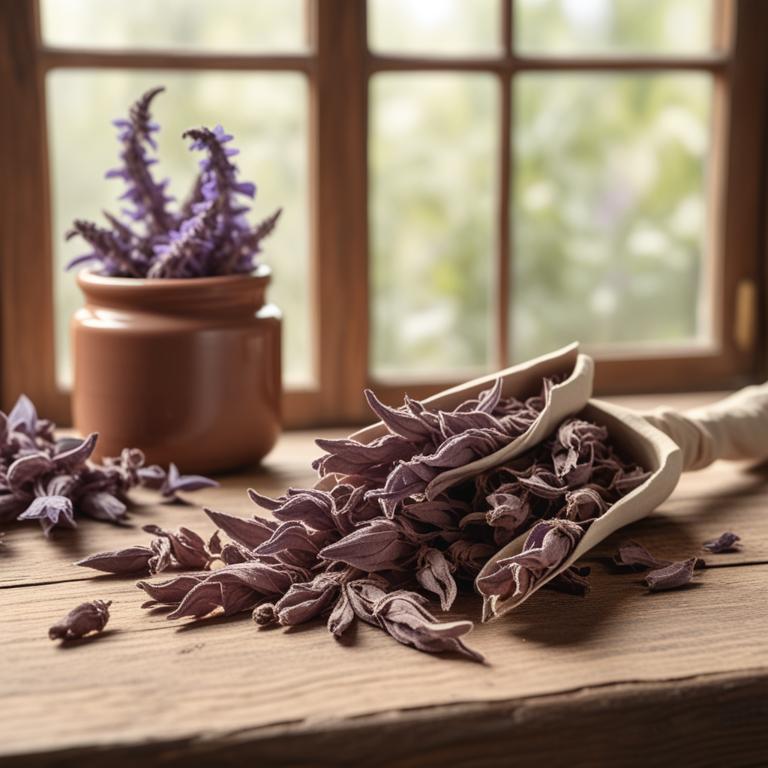
Alzheimer's Disease: Exploring Causes, Medicinal Herbs, and Herbal Remedies
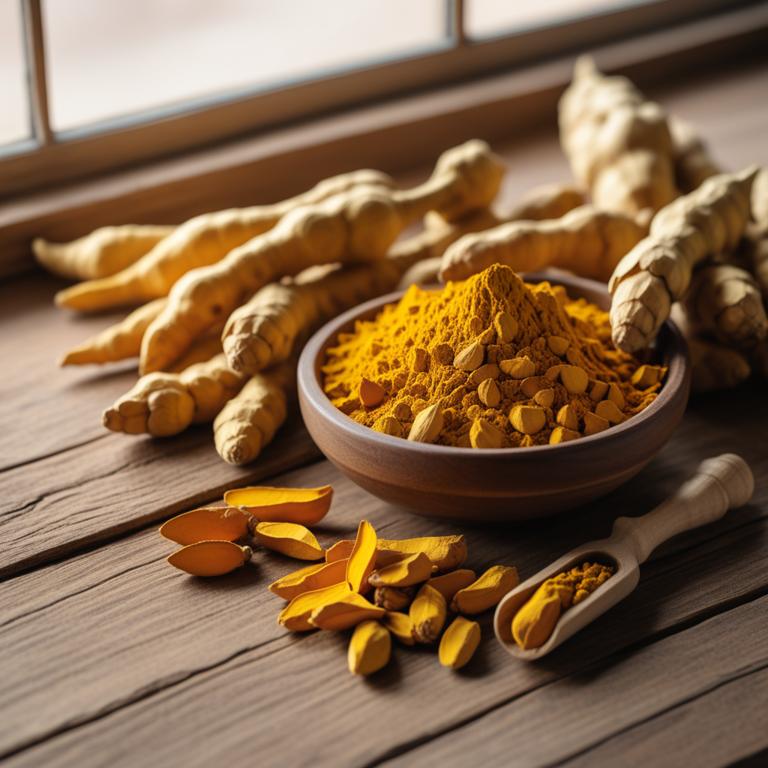
The Role of Medicinal Herbs and Herbal Preparations in Enhancing Postoperative Recovery
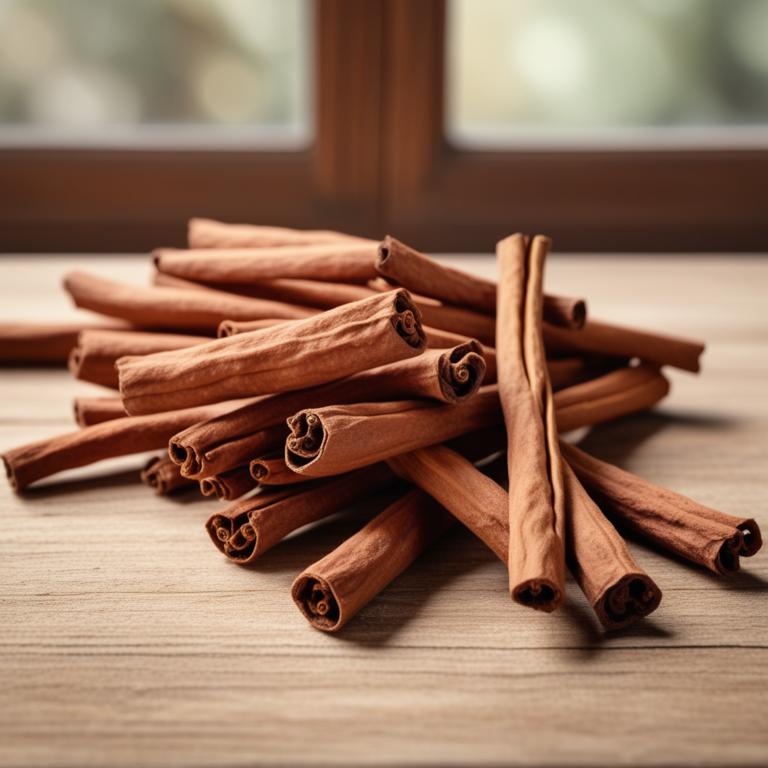
Breaking the Cycle of Bad Taste with Medicinal Herbs and Herbal Preparations
